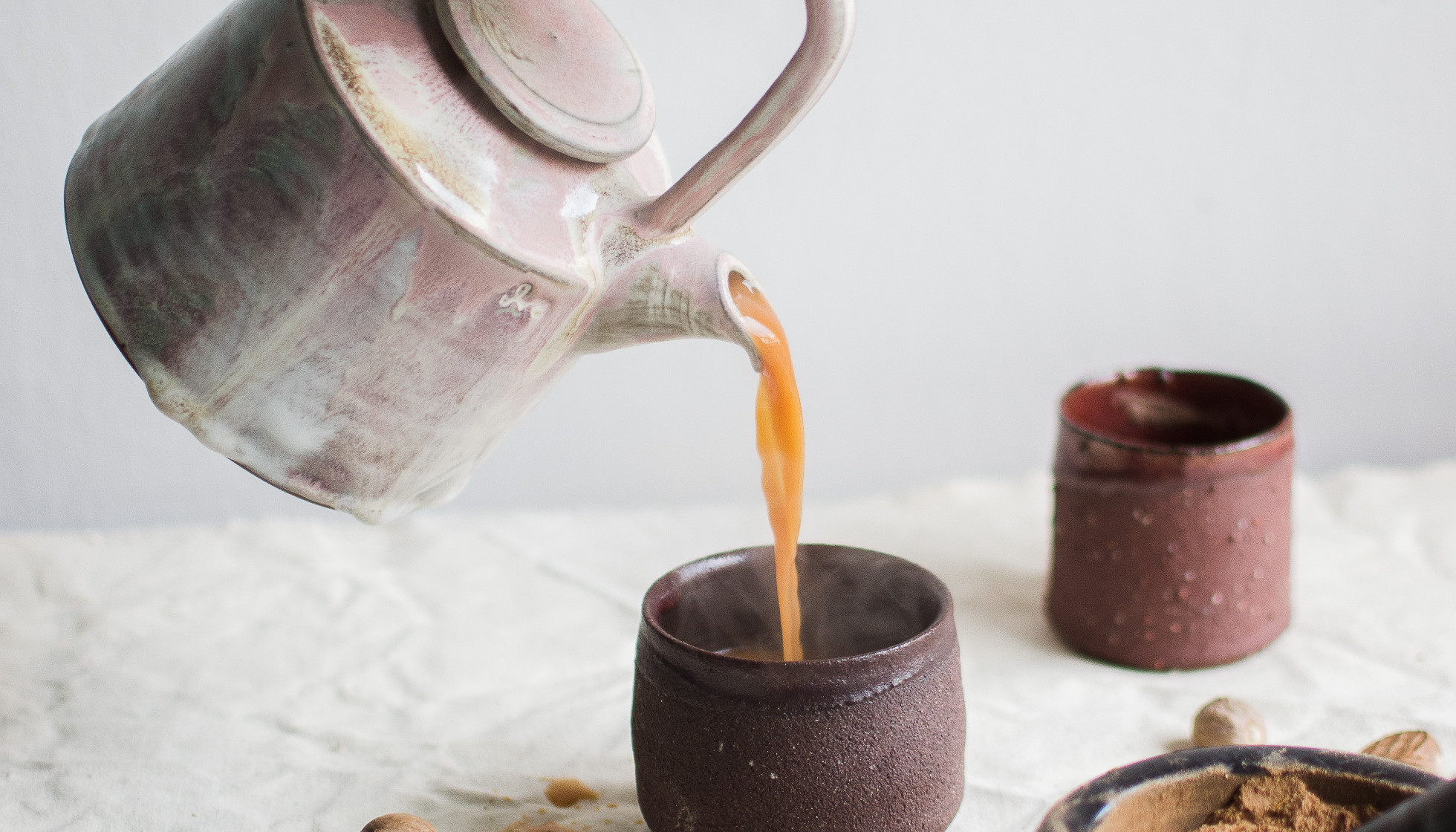What’s The Deal With Intermittent Fasting?
by Laura Cini

Intermittent fasting has been getting lots of attention in the media and the wellness sphere, but what’s the big deal? Why would you choose to not eat and how could it be good for you?
The term intermittent fasting covers lots of different ways of changing your normal pattern of eating using short-term fasts. Usually, the first question people ask is why would you fast and deprive yourself of food? Many of us are scared of being hungry and fear that if we don’t eat regularly the hunger will just get worse and worse until it becomes this raging need to devour everything in sight.
Results from the growing research around fasting show lots of positives including a good effect on cholesterol, a decrease in inflammation, clearer thinking and more energy.
You can experiment with intermittent fasting and some patterns that might suit you better than others. Some approaches include skipping one meal of the day, or not eating for a whole day, one day a week or once or twice a month. Another method is to extend the duration of your usual overnight fast to anywhere from 12 to 16 hours. This might look like finishing eating in the evening by around 7:30, and then not eating again until 7:30 or closer to lunch time the next day.
Keen to try it out myself, I initially tried not eating for a whole day. It didn’t go down well. I felt pretty rubbish: tired and hangry (hungry and angry!). I then tried the 16:8 fasting pattern which was much better for me (and my family!). Most days of the week I have dinner by about 7pm, and don’t eat until around 11am the next morning. This means I fast for 16 hours (including overnight) and then eat all the day’s food within an 8-hour window from 11am to 7pm.
So, good things can come from intermittent fasting, but does it suit everyone? The short answer is no. It’s not recommended if you’re pregnant or breast-feeding. It’s also not recommended if you’re tired, stressed, unwell or sleep deprived. If you’re feeling dizzy, faint, exhausted, terribly hungry, hangry or finding it hard to concentrate whilst you’re fasting, it may not be suitable for you and it’s a good idea to check with your GP. If you’ve a history of or currently dealing with an eating disorder, also check with your GP first.
Laura Cini is an expert nutritionist, herbalist and naturopath with over 20 years experience. Visit lauraciniwellness.com or contact @lauraciniwellness.
Easy Chai
In the cool of a Tassie Autumn, chai can warm you right through. It’s easy to make at home.
Serves 4
Ingredients
2 teaspoons of loose tea
2 teaspoons of fennel
2 teaspoons of dried ginger
2 teaspoons cinnamon (powder or quills broken into small pieces)
1/4 teaspoon cloves
3 star anise
Around 6 cardamom pods
Method:
Add around five cups of water to a small saucepan, add tea and spices. Bring to the boil and gently simmer for around 10 minutes. Pour into a teapot or use a tea strainer and serve with milk of your choice and honey.

